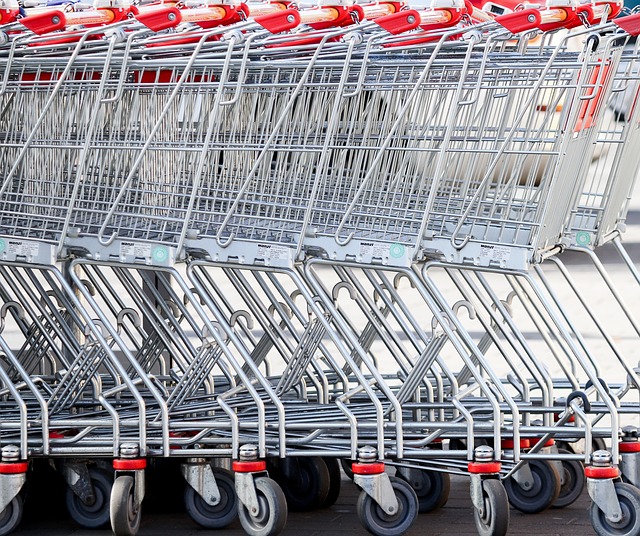French supermarket workers protest against automated checkout stations

French employees of large supermarkets are prohibited from working after 1pm on Sundays under French labor law. Protests arose last Sunday, therefore, when the Géant Casino de la Roseraie in Angers, in north-western France, remained open past 1pm by using self-service checkout stations.
“The information technology revolution has had dramatic effects on jobs and the labor market. Many routine and manual tasks have been automated, replacing workers,” writes IZA World of Labor author, Michael Gibbs, in his article, How is new technology changing job design.
Although the workaround did not break any laws, it did cause outrage among trade unionists who perceive the use of automated systems as a threat to jobs. Jean Pastor, local union representative said: “People don’t need an extra half day shopping […] there are already sufficient opening hours as it is.”
Almost 200 protesters, including some Yellow Vest demonstrators, disrupted business at the store by blocking entrances and tipping over shopping carts. The deputy mayor overseeing commerce in the region, Karine Engle, also disapprovingly commented: “I find this manner of circumventing the law fairly dishonest.”
This is the first time a hypermarket in France has stayed open past lunchtime on a Sunday. Smaller stores in the chain however have been using automated checkout stations for some time. Olivier Dauvers explains that this difference is what has alarmed unions: “We’ve gone from the small shop in Paris where there is objectively a flow of clients day and night […] to a hypermarket in a seemingly ‘ordinary-looking’ town where people would think they could wait until Monday morning to do their shopping.” The difference in scale therefore has prompted employees to question if this could become widespread and what the consequences would be on the labor force.
In Who owns the robots rules the world, Richard B. Freeman argues that the impact of new technologies on worker well-being and inequality depends largely on who owns the new technologies and how they integrate them into the existing labor market.
“As companies substitute machines and computers for human activity, workers need to own part of the capital stock that substitutes for them to benefit from these new 'robot' technologies. Workers could own shares of the firm, hold stock options, or be paid in part from the profits. Without ownership stakes, workers will become serfs working on behalf of the robots’ overlords.”
Read more about digitalization.